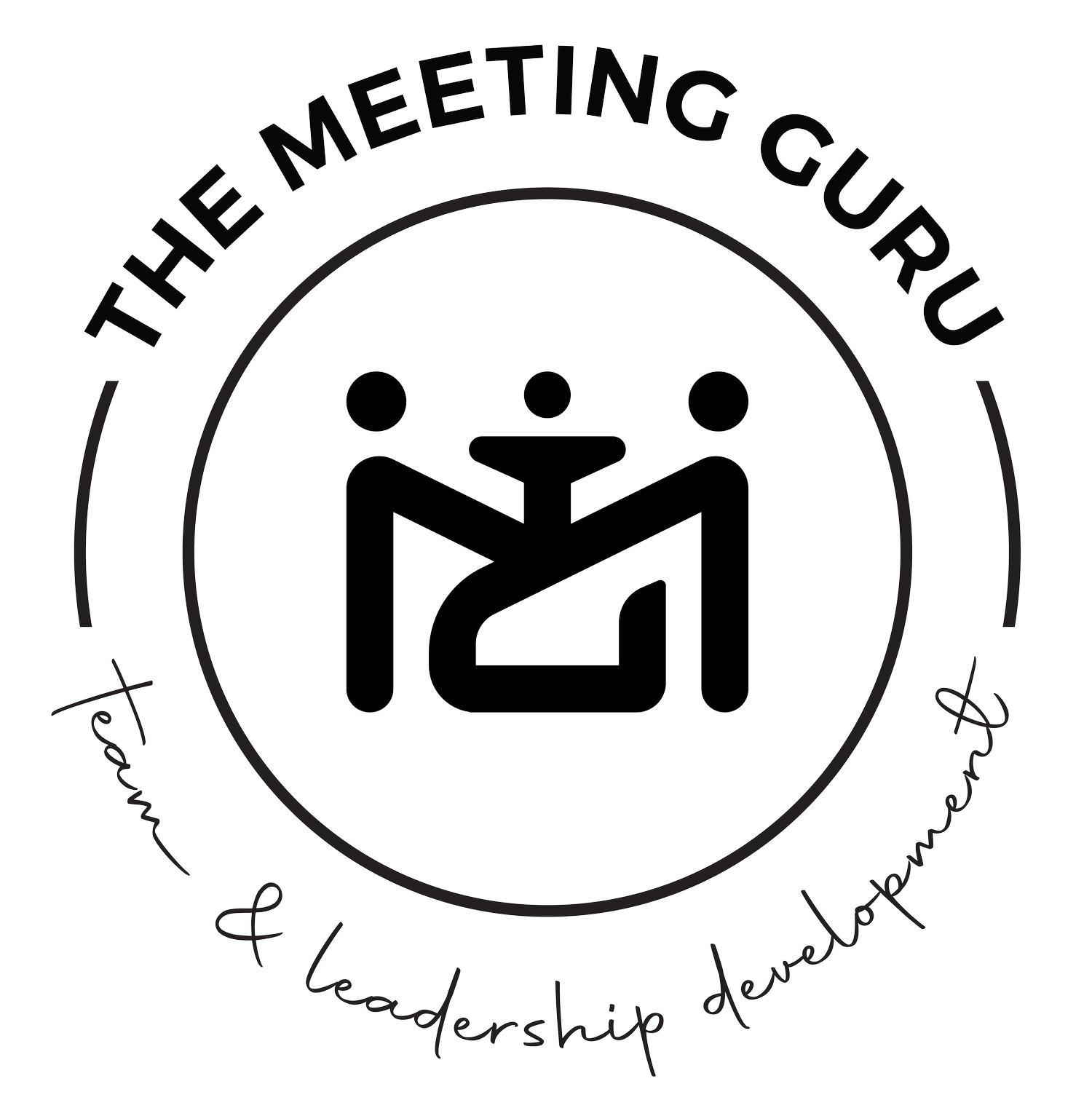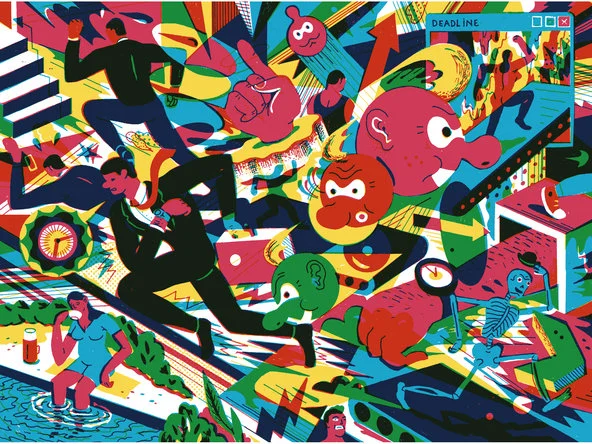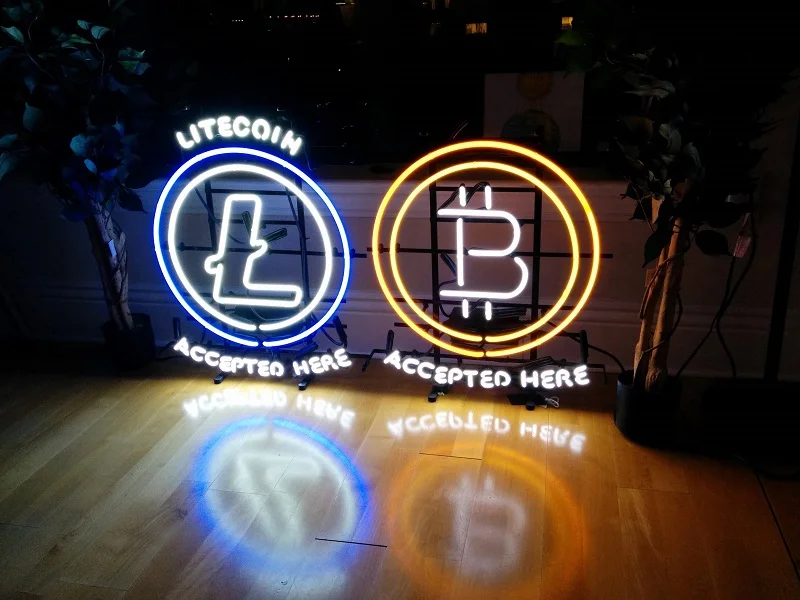If we are too damn busy, we will never build the great things we are efforting to bring about.
Good News!
As a student of history who has been fascinated by social movements and cultural change, I can not help but look at this current moment in time and be proud and excited. Over the last 50 years, our species has made incredible advances on almost every front, yet in the 24-hour news cycle and click-bait culture we live in, we are constantly reminded of how far we have to go. But I firmly believe in the science and power of positive psychology - focusing on what works and doing more of that - so I am taking a moment to celebrate how far we have come.
On Patience & Speed
The pace of modern life is accelerating. With every new widget, app, SaaS that is implemented, our productivity is increased, as is our expected output. As I parachute into various organizations and business settings, I am struck with the amount of pressure and stressors that the modern workforce is bearing. Whether the economy is booming or dooming, workers are pushed to produce more and more, while the hours in the day remain the same.
In Need of New Models, Not More Money
The Notorious B.I.G. famously rapped these line - “Mo’ money, mo’ problems.” And in this economy with the increased cost of living, this statement seems to be proven false. Or has it? In the context of the housing crisis sweeping across California, and beyond, the data shows that Biggie’s words are spot on.
We're Voting All Wrong!
There are many different ways to make decisions. When our decision-making processes lack integrity, so do the results. If the decision-making process forces people to support a decision they do not really support, then the resulting decision, while appearing to have buy-in, lacks the level of buy-in needed to move the decision from theory to practice.
How Do We Solve A Problem Like ____?
Most of us dedicate our professional lives to solving problems; big problems and the myriad of small ones between here and our audacious goals. Clients often ask me, “How can we engage our Gen X’ers/Millenials/Gen Z’ers?” or, “How can do we increase stakeholder engagement?” While each generation and group of stakeholders surely has its unique attributes, how to engage them is similar: ask them, involve them and bring them into the process of designing the work, the job, the vision, and the solution.
Symptoms vs. Systems
Spheres of Influence
The influence that our current legal and regulatory structures exert far outsizes the scope of what we rely on them to support, according to Vinay Gupta, founder of multiple organizations working to create a more equitable, enforceable and localized legal structure that better addresses the realities of our lives in the 21st Century. I recently sat down with Vinay to discuss this and more.
Fabric, Tariffs & Friction
Like English textile merchants, pharmaceutical executives and elected officials, the path of self-interest can provide short-term success, but the externalities of this self-focused perspective is not a recipe for sustained success. To achieve long-term sustainable transactions, be it financial, legislative, relational, or other, they must be friction free, not friction full. The fewer barriers we have between points A and B and C, the more A-Z benefit.
“The Order Is Rapidly Fadin'...”
The largest taxi services no longer own any taxis or employ any full-time drivers. The largest hotel network owns no properties and has not seen most the rooms customers sleep in. One of the largest shoe companies makes no shoes, nor has any bosses. As my favorite poet says, “The times, they are a-changin'!”
There is a radical shift taking place in our global economy that is the result of a conceptual shift in how societal structures can be better built for the fluid future we are hurtling towards. While there is lots of excitement as this shift takes place, this transition presents our global community with some big challenges, most notably...
The Most Valuable Resource
As the third largest economy in the world, Japan seems to have beat the odds. Japan is a country with next to zero natural resources. It is devoid of oil fields, diamond mines, coal and other natural energy sources. And, it is immediately apparent from the ubiquitous shopping malls, high end fashion and pristine…everything, that Japan’s economy fairly strong. It is not immediately apparent why Japan, a nation that is so poor in natural resources is so rich, but after months of experiencing Japan, it hit me; Japan is rich in a resource that most other nations lack: Trust.
Where's The Good News?
What we feed, grows. What we focus on creates action, change and momentum. When we focus on what works, more things work. When we focus on suffering, our differences, strife and the such, we see and experience more of the sort. Psychologists have proven time after time that when we focus on the strengths, we get stronger.
So, You Raised A Couple Million. Now What?
Right now, the ICO and blockchain space, in general, is filled with visionaries that have deep understandings of technical systems. Many of these visionaries and innovators are cryptographic and software engineering geniuses. That being said, knowing how to envision the outcome and draw the blueprints is only half the equation. Implementing the vision is a whole other ballgame.
What’s The Best Part Of A Conference?
Conferences are a great place to learn and connect with potential clients, colleagues, partners and provocateurs. That being said, conferences tend to have one thing in common, no matter the industry, format or location: The sessions are often delivered in a dry, un-engaging format.
Find out how one group is making the most of their industry conference...
Technology Wont Save Us
While it is exciting to focus on emerging technologies, we must not place too much hope in its hands nor invest more time in the development of them than we do ourselves or each other. No technology, policy or law is going to save us. We have to save us. We do this by investing in ourselves and our relationships with each other.
Now Accepting Bitcoin
Bitcoin and Litecoin, two of the most promising cryptocurrencies, have made money management from abroad easy and next to free. The more I use Bitcoin and Litecoin to pay for things, goods and obligations, the more and more frustrated I become with the existing banking systems. The various fees banks charge for withdrawals, transfers, wires, maintenance and beyond have consistently increased, with little (if any) benefit to consumers. Luckily, there is a much better system out there that is gaining momentum every day.
2018: The Year of The Blockchain
"The very institutions whose charter is brokering social trust—banks and governments—have in many parts of the world spectacularly failed to do so." - Natalie Smolenski
It's Bigger Than Bitcoin
I just finished reading The Starfish and the Spider. The book derives its name from the fact that Starfish are decentralized organisms, they have no central nervous system. If you were to cut a starfish in half, it would live on as two separate organisms. And that's what the book is all about - how decentralized structures are more resilient, flexible and powerful than centralized structures. This book helps put the events of the last decade into a broader context and defines the global movement we are witnessing and participating in.
As each day passes, our reality is becoming more like a sci-fi book, and less like non-fiction. The policies described in 1984 are debated in the halls of government, the tools from the original Star Trek are all around us, and the centralized institutions we understand to be staples of our society are fighting for survival as they are disrupted by decentralized organizations (examples include Uber, Wikipedia and PirateBay, to name a few).
Much of the talk about how financial institutions are being disrupted comes within the context of "Bitcoin." Yes, Bitcoin has proven to be a powerful global monetary force, but Bitcoin is just one of over 2000 digital currencies. Unfortunately, the current focus on Bitcoin revolves around its market valuation, not the infrastructure that makes it possible.
While it is exciting to watch Bitcoin's value rise, I am far more excited about the technology Bitcoin is built upon and its implications. I am talking about the blockchain (a.k.a distributed ledger technology). The blockchain is creating more resilient communities, a more secure digital life and expanding access to services of all stripes to anybody with an internet connection. This technological evolution we call "blockchain" is about social equity at its core.
1992 is to the internet as 2017 is to blockchain. But with the blockchain, we all have the opportunity to benefit from and participate in the global evolution towards disintermediation, decentralization, and equity (in all senses of the word). If you want to learn more, please check out the below links:
If you have any questions about the blockchain, please let me know. If you have friends, colleagues, parents or students who want to learn about the blockchain, let's organize a workshop. If you want to brainstorm potential crypto-investment opportunities, let's grab a drink. If you want to wax philosophic about the implications of the blockchain, let's get it on the calendar!
So to tie this all together... for Christmas, Hannukah, Kwanza, Solstice and all the other winter gift-giving holidays I am unintentionally leaving out, consider getting that special someone a blockchain wallet, some coins/tokens or this book. All these are foundational tools to help that special someone thrive in 2018 as our global economy and industry evolves onto the blockchain.
Here Comes The Blockchain
Have you read Thomas Friedman’s new book, Thank You For Being Late? It is all about how we can thrive in the age of acceleration; this period of time when change is gaining momentum at ever-increasing light-speed pace. This break-neck evolution of all systems -- globalization, technology, migration, etc. -- is the new normal.
If you think 2017 has been a crazy year, just wait for and see what’s around the corner in 2018. While I am not a futurist, I am an early adopter, and if 1% of the global economy and my intuition are right, we are in for an exciting transition that began in 2007, has been gaining momentum over the past 10 years and in the next decade will be reaching mass adoption.
I'm A Millionaire!
I just realized that I am a millionaire.
No, I did not win the lottery, get drafted by a professional sports team or have a tremendous stock portfolio. As of yet, there has been no financial windfall for me in 2017. I am a millionaire in a resource that is far more indispensable - relational capital. My greatest source of wealth is you, the people I am connected to, my network.

























